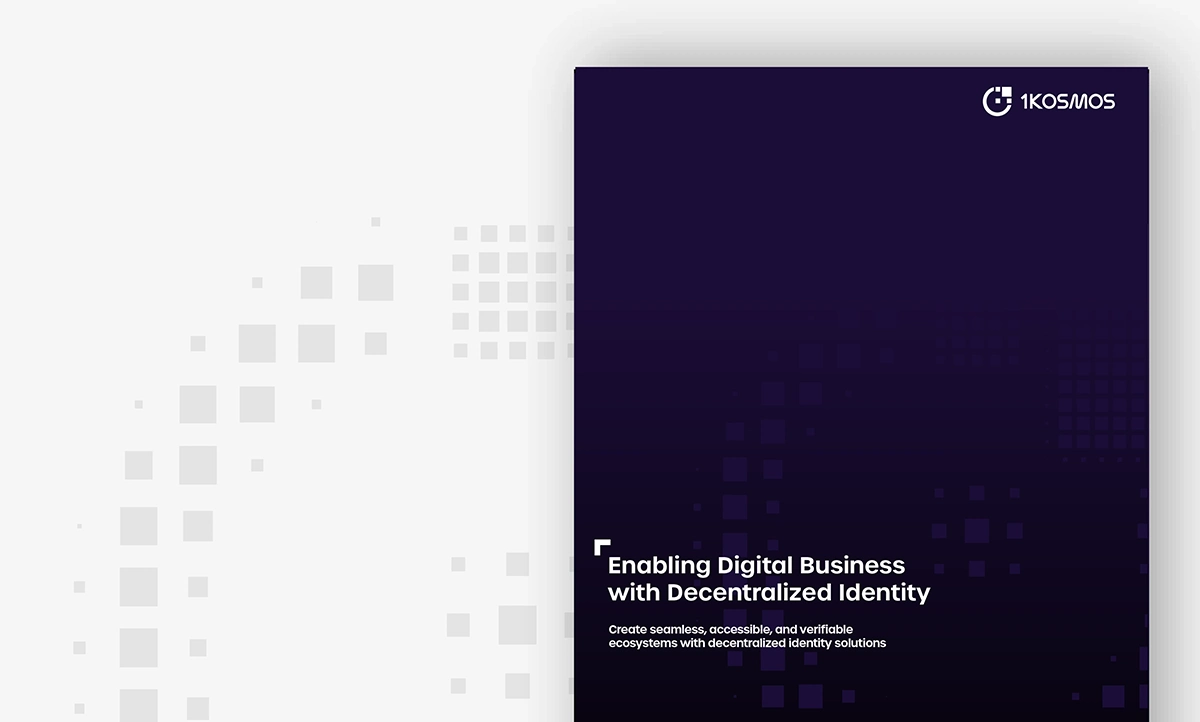Blockchain For Governments and the Public Sector
Another important application developing as part of Blockchain 3.0 is blockchain governance; that is, the idea of using blockchain technology to provide services traditionally provided by nation-states in a decentralized, cheaper, more efficient, personalized manner. Many new and different kinds of governance models and services might be possible using blockchain technology. Blockchain governance takes advantage of the public record-keeping features of blockchain technology: the blockchain as a universal, permanent, continuous, consensus-driven, publicly auditable, redundant, record-keeping repository. The blockchain could become both the mechanism for governing in the present, and the repository of all of a society’s documents, records, and history for use in the future—a society’s universal record-keeping system. Not all of the concepts and governance services proposed here necessarily need blockchain technology to function, but there might be other benefits to implementing them with blockchain technology, such as rendering them more trustworthy, and in any case, part of a public record.
The offender for the disruption in the present situation is blockchain. Blockchain’s impact in people in government sector will be for the most part in the background. In any case, the innovation can possibly bring security, effectiveness, and speed to an extensive variety of administrations and procedures.
Blockchain governance an possibly make government activities more proficient and enhance the conveyance of open administrations, while at the same time expanding trust in people in general sector. In developed economies, advocates of government blockchain arrangements must give solid confirmation that such ventures will spare cash and enhance benefits that are now “sufficient.” In developing markets, the need or youthfulness of certain fundamental open administrations could enable governments to jump ahead to enable policymakers to accomplish their points. For the two markets, instruction and deciding the correct applications for the innovation will be critical to progress.
Blockchain governance could streamline the administration of trusted information in data, making it less hectic for government organizations to access and utilize basic public sector information while keeping up the security of this data. A blockchain is an encoded computerized record that is put away on various PCs in an open or private system. It includes information records, or “pieces.” Once these squares are gathered in a chain, they can’t be changed or erased by a solitary performer; rather, they are confirmed and overseen utilizing atomization and shared administration conventions.
One of the fundamental objectives of government is to keep up put stock in data about people, associations, resources, and exercises. Neighborhood, territorial, and national organizations are accused of keeping up records that incorporate, for example, birth and demise dates or data about marital status, business permitting, property exchanges, or criminal movement. Overseeing and utilizing these information can be entangled, notwithstanding even for modern governments. A few records exist just in paper shape, and if changes should be made in official registries, residents should show up face to face to do as such.
The U.A.E. and, Dubai, specifically, have decided to step in at every turning point. Here we are currently, once more, picking to adjust as well as to grasp an innovation that we accept has the highlights to not just change the way individuals communicate with their legislatures, however change open segment benefit exchanges and delivery.
The block chain can potentially impact almost all parts of government few of them includes Government productivity – actualize blockchain governance in appropriate taxpayer driven organizations. Industry creation – bolster the making of a blockchain industry through giving an empowering environment that enables new companies and organizations. Worldwide initiative – lead the worldwide reasoning on blockchain innovation and turn into the center for blockchain information, systems and expertise improvement.
One implication of blockchain governance is that government could shift from being the forced one-size-fits-all “greater good” model at present to one that can be tailored to the needs of individuals. Imagine a world of governance services as individualized as Starbucks coffee orders. An example of personalized governance services might be that one resident pays for a higher-tier waste removal service that includes composting, whereas a neighbor pays for a better school package. Personalization in government services, instead of the current one-size-fits-all paradigm, could be orchestrated and delivered via the blockchain governance.
Utilizing blockchain isn’t only an innovation question—it is a choice that can change plans of action and forms, and reshape the arrangement of partners or stakeholders and their parts. Like any rising idea with huge potential advantages, blockchain governance isn’t a silver slug: It isn’t relevant to each circumstance, and clients and engineers are as yet dealing with challenges both innovative and administrative. On the innovation side, there are inquiries of stage adaptability, approval techniques, information institutionalization, and frameworks combination. On the administrative side, the inquiries incorporate plan of action change.
It is trusted that blockchain innovation, with its inherent productivity, responsibility and security, holds a vital component to accomplish great vision.
